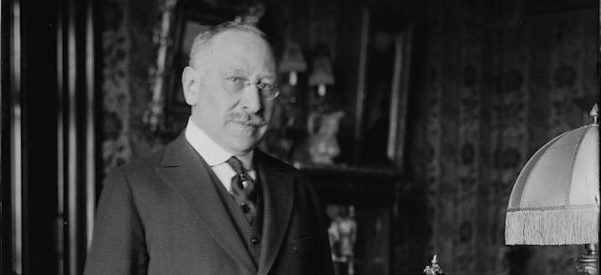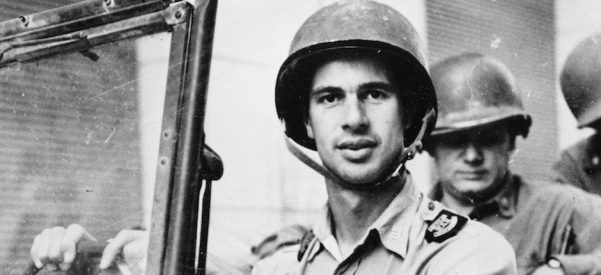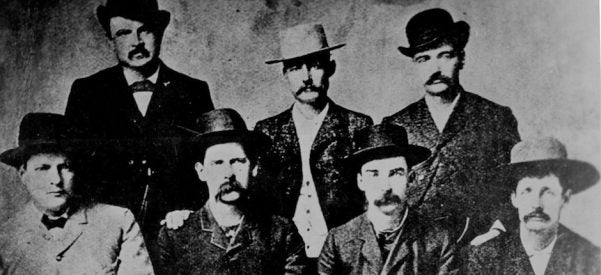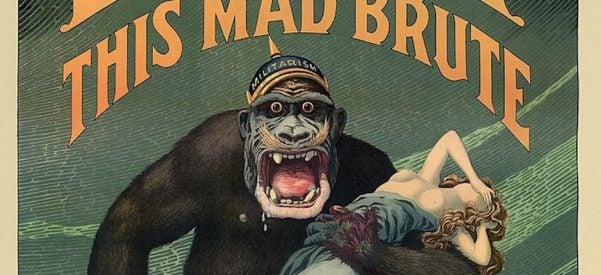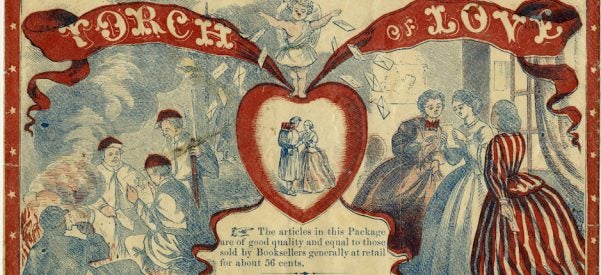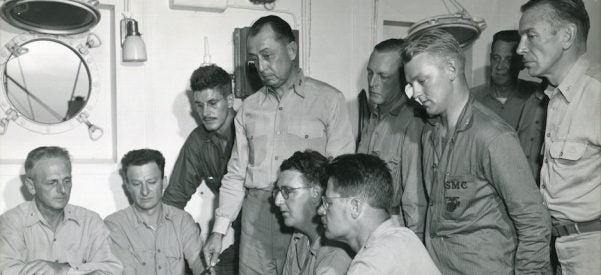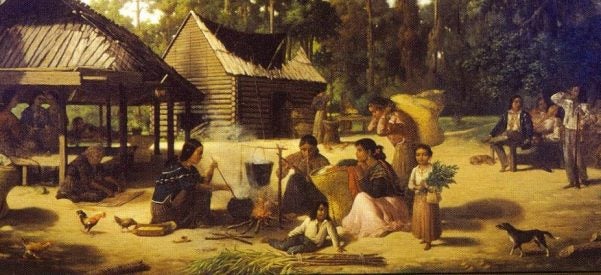The Jewish Immigrant Philanthropist Who Didn’t Like the Word “Charity”
Julius Rosenwald Made Sears a Retail Giant and Used His Wealth to Give the Poor Tools for Upward Mobility
The biography of Julius Rosenwald, one of the most thoughtful and transformative philanthropists in American history, parallels the life experiences of many Jewish immigrant families of the mid-19th century—women and men who left German-speaking lands, relied heavily on family and community networks, and arrived in America with commercial skills that served them well.
Enjoying the benefits of whiteness, they arrived just in time for the physical expansion of the United States across the continent, referred to by patriotic orators as …


